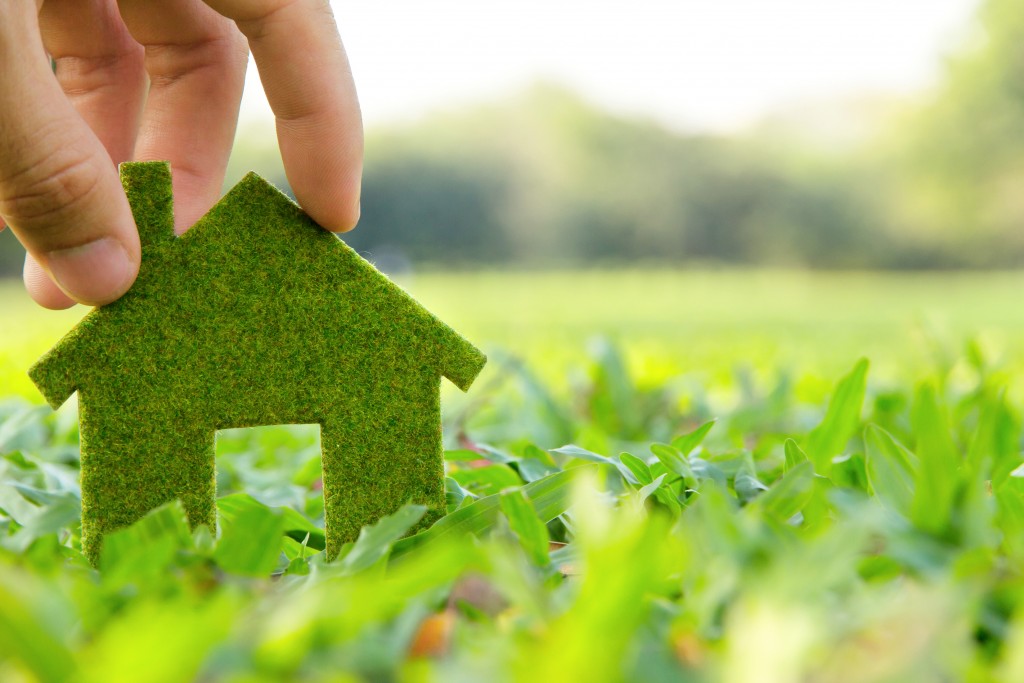We have been dealing with a global climate crisis for several years now. The younger generation has been starting to speak up about these worldwide concerns. Young citizens like Greta Thunberg have started dedicating their time to addressing environmental injustices due to the older generation’s irresponsibility. This is a sign that we have to band together as a people for the betterment of the environment. The younger generation is calling upon us.
Since the start of the COVID-19 pandemic, many of us have been put into a month-long quarantine period. We have been asked to stay at home to avoid the spread of the ongoing global virus. Though our car usage has been minimized and our carbon dioxide emissions have been reduced, this has been replaced by the increased use of basic domestic resources such as water and electricity.
What can we do to minimize our household carbon footprint?
Pandemic Green Living
Given that we are simply staying home 24/7, it should be easier for us to practice green living. Despite the necessary usage of face masks to protect ourselves when going out, there are other ways to minimize our carbon footprint during this quarantine period. Now is the time to be proactive in our environmental advocacies as the world is slowly trying to heal from various factors.
In regulating the home’s temperature, you should take note of the maintenance and repairs needed for your equipment and home facilities. Regularly doing a checkup and routine maintenance will make sure that your residential HVAC facilities are in tip-top shape, preventing overconsumption of electricity. Inquire about a heating system repair service around your area so you can keep your equipment running smoothly.
Consider switching your bulbs to LED lights. LED (light-emitting diode) lights tend to last longer than their incandescent and halogen counterparts. Switching to LED light is more energy-efficient, durable, and it can save you a big amount of money.
Switch off lights and unplug devices that are not in use. It may be easy to forget to switch off house lights when you are at home most of the time. This may also be a result of having you work all night. Make it a habit to switch off lights and unplug devices right after using them.
In line with this, you should also make it a habit to turn off the tap while you brush your teeth. There is no need for you to keep the water running while you brush. Try to save up to 8 gallons (30.28 liters) of water per day by adopting this environmentally-friendly habit.

When trying to skip the plastic option, you can opt to reuse glass jars after removing their labels. Reusable plastic containers are known to leech hormone-disrupting chemicals into food so you would want to avoid that. Apart from reusing glass jars, other good options are using cloth, ceramic or stainless steel.
Celebrating birthdays during the quarantine period? Opt for biodegradable confetti instead of the usual plastic options. Punch holes in leaves to get small pieces of “confetti” or you can use flower petals for a lovely alternative.
These are all great ways to reduce our carbon footprint while staying at home. The world needs our help in saving its beautiful environment. Eco-friendly practices and habits can start at home.
While these green practices are good for the environment, how do these affect our well-being?
Green Living and Mental Health
How has your mental state been during this quarantine period? Have you been feeling stressed out and isolated due to the current situation? Taking care of the surrounding greenery will lead to the preservation of the beauty of nature in our environment.
The environment can positively or negatively affect a person’s well-being, depending on its current state. Studies show that an area’s environment can affect people’s stress and anxiety levels. This is most concerning especially nowadays when everyone is trying to deal with the current pandemic situation. Many individuals are left feeling isolated and anxious about uncertain times.
Air pollution, though it may have been reduced due to the reduction of car usage, can cause depression, dementia, and anxiety. Polluted air makes it more likely for children to develop depression as they grow older.
The environment is directly connected to our well-being. We, as the human race, should band together towards the common good, for the benefit of the environment. Future generations deserve to experience the world at its most beautiful. Future generations don’t deserve to clean up after our carbon footprints years after we have passed.






